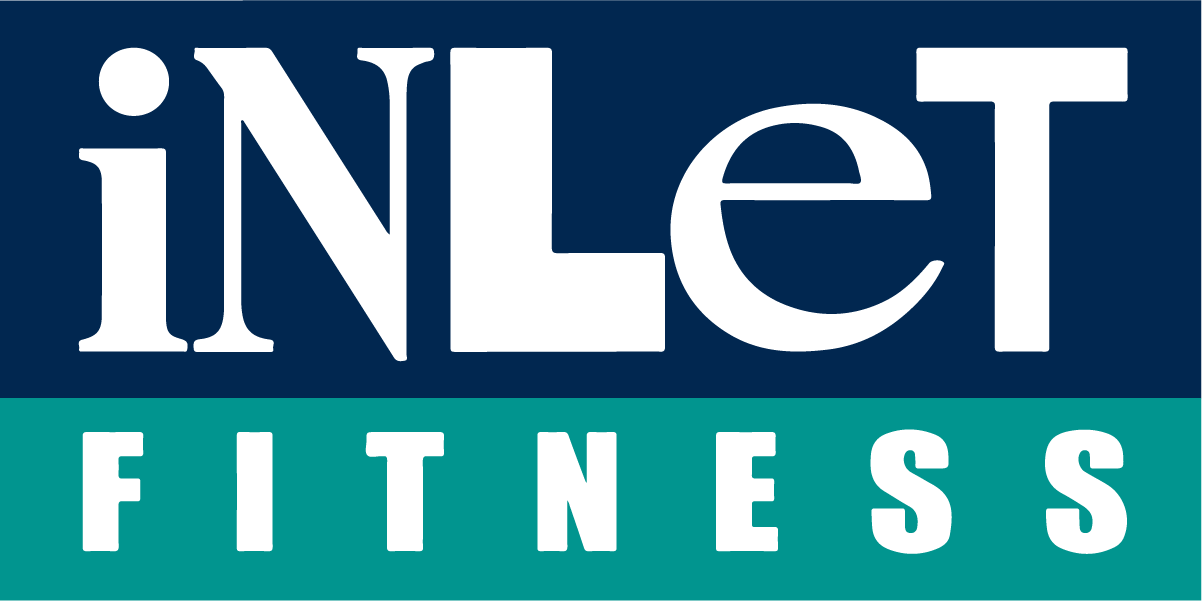Heart Rate Training: Is It Right For Me?
Heart rate training uses your heart rate (the number heart beats per minute) to determine how much effort you’re exerting during aerobic exercise. The goal is to maintain certain heart rate levels for certain periods of your workout, depending on what you’re training for.
The tricky part of heart rate training is that it’s not always the most accurate measure of exertion or fitness. For one thing, changes in heart rate lag behind actual exertion. For another, heart rate changes as a result of the temperature outside, altitude, dehydration, caffeine and other drugs, sleep, stress, and more.
You have to juggle a lot of factors to be sure heart rate accurately reflects exertion. One way to get clearer on these factors is to keep a training log to track your heart rate.
The best way to use heart rate training is in combination with noticing how hard your workout feels physically, known as your perceived rate of exertion (PRE).
Using heart rate as even a rough estimate can benefit almost anyone. For the purposes described below, heart rate training can help you stay on track with your fitness plan.
Exercise Consistently
Unless you’re training for a specific event or you’re an elite athlete, you probably don’t need a terribly accurate heart rate measurement. For most of us trying to get into better shape or lose weight, just having a rough estimate is sufficient.
The beauty of heart rate training is it gives you one number to track that measures cardiovascular effort and fitness. If you set goals of spending a certain percentage of your workout in various heart rate zones and then follow through, you’ll move toward your fitness goals despite any day-to-day variations in accuracy.
Many people find tracking progress over time motivating. By recording your heart rate data, you can see your workout consistency and progress any time you need encouragement.
Manage
If you’re training for an athletic event like a run, cycling race, or triathlon, you need to be able to maintain the fastest pace possible for the entire race. Unless you have the skill of perceiving “perfect pace,” you could likely benefit from objective measurement of exertion.
Heart rate training can help you identify the maximum pace you can maintain over time. A glance at the numbers can help you know if you should ease off or push harder at any given phase of the race to get the best time. It can also help you pace yourself on lighter training days to make sure you don’t burn out.
Despite its shortcomings, heart rate training can be a great motivator and means of staying on target. Be sure to put the effort in up front to ensure you correctly identify your heart rate zones.
To explore more whether heart rate training is for you, work with one of our knowledgeable personal trainers at our Virginia Beach gym!
